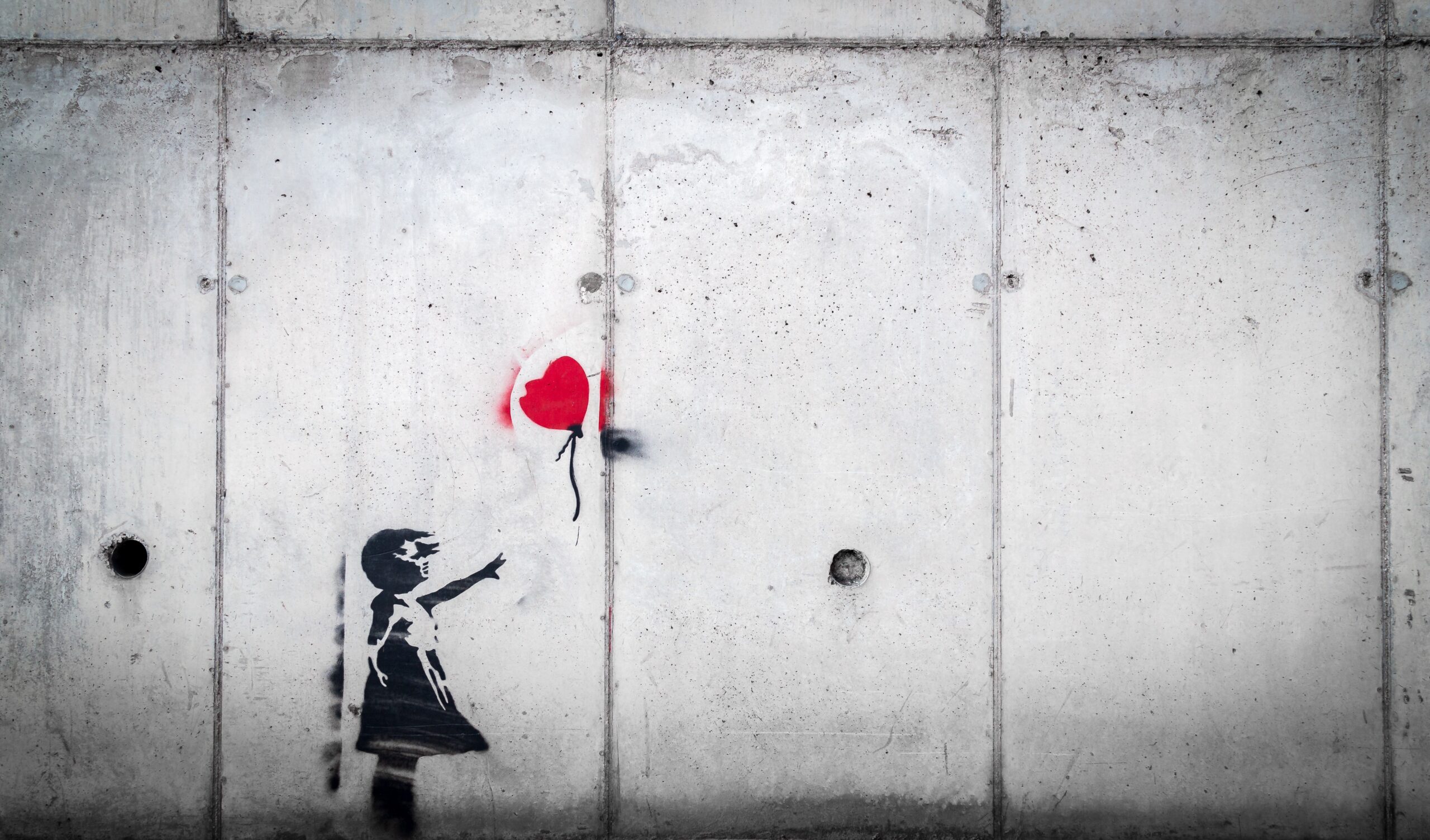Blog, Infant Loss, Miscarriage, Stillbirth, Support a Loved One
Walking Through Infant Loss

By Nikki Watkins, PsyD, LMFT
My journey through infant loss is one I never thought I would endure. I had given birth to three healthy children prior to this pregnancy and there was no reason for me to think this would be any different. Even when we were told at five months gestation that our daughter Riley had a problem with one of her heart valves, we were assured that she would have a minor surgery after birth and should be fine. I made monthly visits to the pediatric cardiologist, and weekly visits for fetal monitoring which I was told helps to prevent the incidence of stillbirth. With so much monitoring and reassurance I was not prepared for the news we received on August 4, 2012.
Just the day before, my husband and I were informed that Riley’s heart condition had improved and my husband even gave the doctor a hi-five. We went to sleep that night full of hope and the very next day we were informed that Riley’s heart had stopped beating. How could this be? We had a baby shower already, a closet full of clothes, a crib in the room, and a rocking chair for me to comfort her on nights when she was fussy. She was due to be born in just 24 days. It was too much for my mind to process.
What I did not know at the time was that approximately 24,000 babies are stillborn each year in the Unites States. The same is true for the number of infant deaths in the first year of life. How didn’t I know this? I only knew of one family who lost a baby; or so I thought. What I later learned is pregnancy and infant loss are not spoken about openly like other losses. These are the losses that are suffered in silence until the need arises for parents to share their grief journey with someone else who experienced the same unfortunate event.
One of the reasons mothers do not share about this type of loss is because there is a sense of shame and failure. We were supposed to protect our child and our body failed to do that. Many father’s do not share because it is a pain they do not wish to revisit ever again. They are wired to “fix” and there is nothing they can do to fix this situation. There is no fix.
It is important for family members and friends to know that avoiding the topic of the loss is often very hurtful for the bereaved mother especially. She needs to acknowledge her child and talk about her grief and loss. She wants to know that her child mattered. Many well-meaning friends/family have shared they do not want to make the parents sad so they do not bring up the topic. The reality is, we cannot be made any more sad than we already are. But what brings comfort is when we can talk about our child with others and keep his/her memory alive.
Some ways to support a family after pregnancy or infant loss:
- Set up a meal train or take a meal to the family
- Offer to go over and sit with them; you don’t have to know what to say
- Offer to get the mom, dad, or kids out of the house to get some air and allow them to shift their focus for a moment
- Give a memory gift to the family (ornament, blanket, book, keepsake box, etc.)
- Remember them on special days (Mother’s/Father’s Day, baby’s due date, baby’s birthday, Christmas, etc.)
Nikki Watkins, PsyD, LMFT specializes in grief counseling for those who have experienced pregnancy and infant loss. She has published a book, “You Are Not Alone: Rediscovering Faith in God
After Infant Loss” which she donates to hospitals and support groups. Dr. Watkins has been married to her husband Greg for 22 years and has four daughters.
